Living While Dying Is Tasty
When I talked to you last month, my partner Keishin’s father had just died and we were getting ready to go to Chicago to the funeral. But death has been unusually on our minds all year. We’ve been doing all our paperwork together in order to be prepared to get old and sick and die.
The list that we came up with was this: I need an advance directive, which says what medical procedures I want if I’m unconscious or unable to make decisions, and a healthcare proxy. which designates the person who will make those decisions for me. I said that I don’t want any treatment if there’s a good chance that I’ll be mentally or physically impaired from some accident or illness. We thought about signing DNRs, Do Not Resuscitate orders. I’m not even 40 yet, so I kind of figured, if I’m dead and someone thinks they can revive me, they should give it a shot. It probably won’t work but, you know, go to town. We filled out wills. I willed everything to Keishin, but if she dies first then everything goes to the Zendo.
I also filled out funeral instructions. I said that I want my body to be donated to science. I found out what that actually means, which is that I’d be dissected by medical students for practice, after giving away any organs that anybody might want. Whatever’s left of me should be cremated. I don’t think I left any instructions on where to spread the ashes, so if you’re around, figure it out. I would like a memorial service here at the zendo. I think that would be nice.
I’m more prepared for illness and old age and death than I had been before. It feels really satisfying. Not so much for myself, but under those circumstances, it will be very helpful to whoever survives me if I’ve made some of the decisions and written down what I want. I really encourage you to follow through on this paperwork if you haven’t done it yet. Let me know if you find more convenient ways. It didn’t take very long, it didn’t cost much, we didn’t need a lawyer.
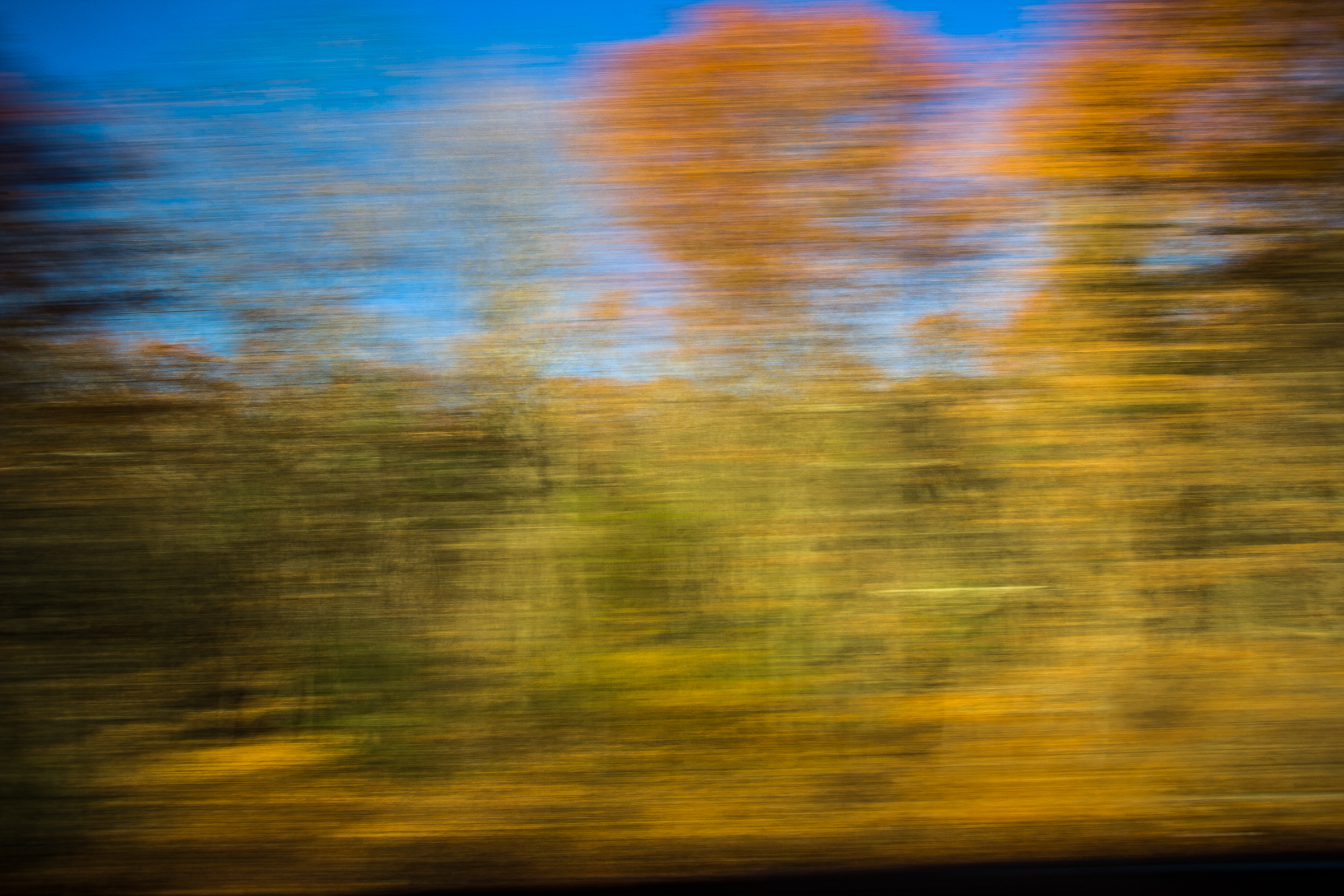
But what I want to talk about today is, have I really prepared for death? There’s a koan about this. In ancient China, a monk wanted to ask the teacher, Ummon, how do I prepare to get old, get sick, and die? But since he was an ancient Chinese monk, of course he didn’t say that. He had a poetic way of expressing his question.
He said:
“When the tree withers and the leaves fall, then what?”
And Ummon said:
“The body is exposed in the autumn wind.”
Or in another translation I read:
“The body is exposed in the golden wind.”
I don’t know Chinese, I don’t know why these translations differ. When I read “autumn wind”, I think about the withering tree and the falling leaves, how the seasons change and everything ends. And when I read “golden wind”, it brings me the poignancy and beauty of being alive until we die. The tastiness of living while we’re dying.
But either way, Ummon’s answer is clear. The monk asks, “How do I prepare to die?” Ummon says, “The body is exposed in the golden wind now.” I’m being blown away now. Whatever I am is ending now. There is no preparing for this future when it’s going to be over. This moment is already gone. Cause and effect, one thing after another, one person after another. I’m being blown around like a dry leaf now.
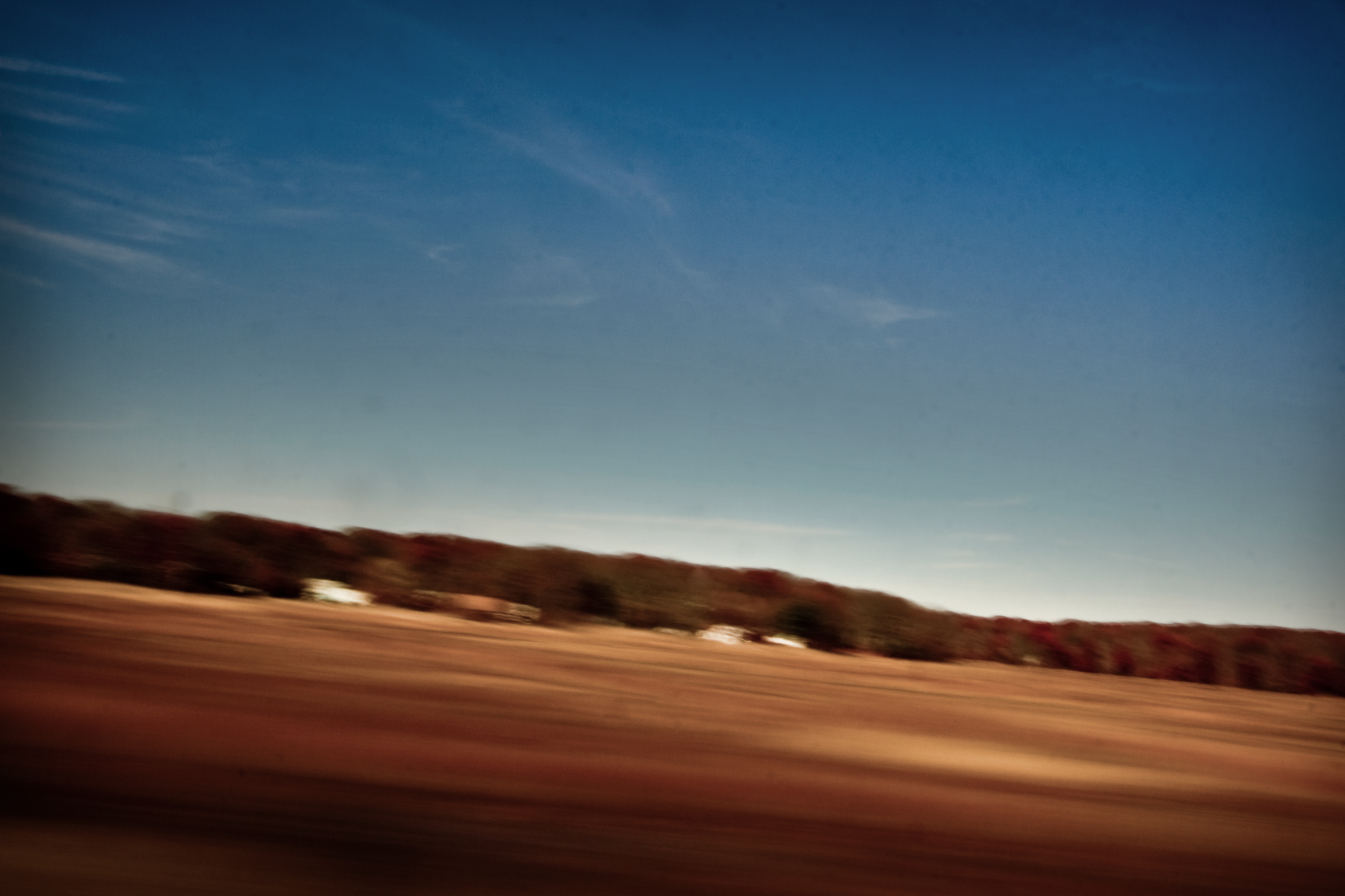
I was 23 when my Grandpa died. I was living in a very austere monastery on a mountain in the middle of nowhere, in Southern California. My job was jikido. At night I would load firewood into a cast iron stove in the kitchen, so that in the morning when I woke up in the dark before everybody else, I could light the stove. While the kitchen was heating up, I would go upstairs to ring the big temple bell, which echoed throughout the valley and woke up everybody in their cabins. First, they’d go to the kitchen where it’s warming up and get some coffee, then they went to the Zendo for the first meditation period.
One night, October 16, 2003, I was loading the firewood into the stove when a monk came in and said, “Jesse, there’s a call for you. You need to call the hospital; your grandfather is dying. I’ll finish loading the stove for you. Go.” So, I ran out to the trailer that we had, which is the only place we had run a phone line to, so that I could call the hospital. I reached my grandma and I said, “Can I talk to him? I want to tell him I love him.” She said, “No, he’s unconscious. He can’t hear you.” I said, “Can you just put the phone up to his ear?” She said, “He won’t hear you.”
So, I walked back from the trailer to the Zendo in the dark and I was wearing sandals and I cut my toe against a fucking rock. I couldn’t find a Band-Aid, so I had to wrap up my toe in a paper towel and I had to limp into the Zendo with my foot bleeding and sit there and meditate. The next morning I flew to New York for the funeral.
The last time that I’d seen Grandma and Grandpa was a few months before that. I had gone out to see them in Westchester before I started my year in the monastery. I wanted to hang out with them before I left. Grandma and Grandpa and I took a little road trip up to that big Chinese monastery in Putnam County: Chuang Yen. It has an enormous seated Buddha statue, I think it’s the largest in the West, and he is surrounded by a stadium of little Buddhas, 10,000 of them all facing him. Everything is gilded and red and over-the-top. Grandma and Grandpa weren’t very impressed. They’ve never been into religion. Grandma liked some of the stuff; she was a great artist and gardener. She liked the ink drawings on some of the walls, of the Arhats. These are the gnarled, old wise men and women, enlightened ones of the ancient past. They’ve got gnarled noses and hunchbacks and they’re frolicking together in the wilderness. Grandma really liked those drawings. She also loved the gardens. They were vast and full of plants from all over the world.
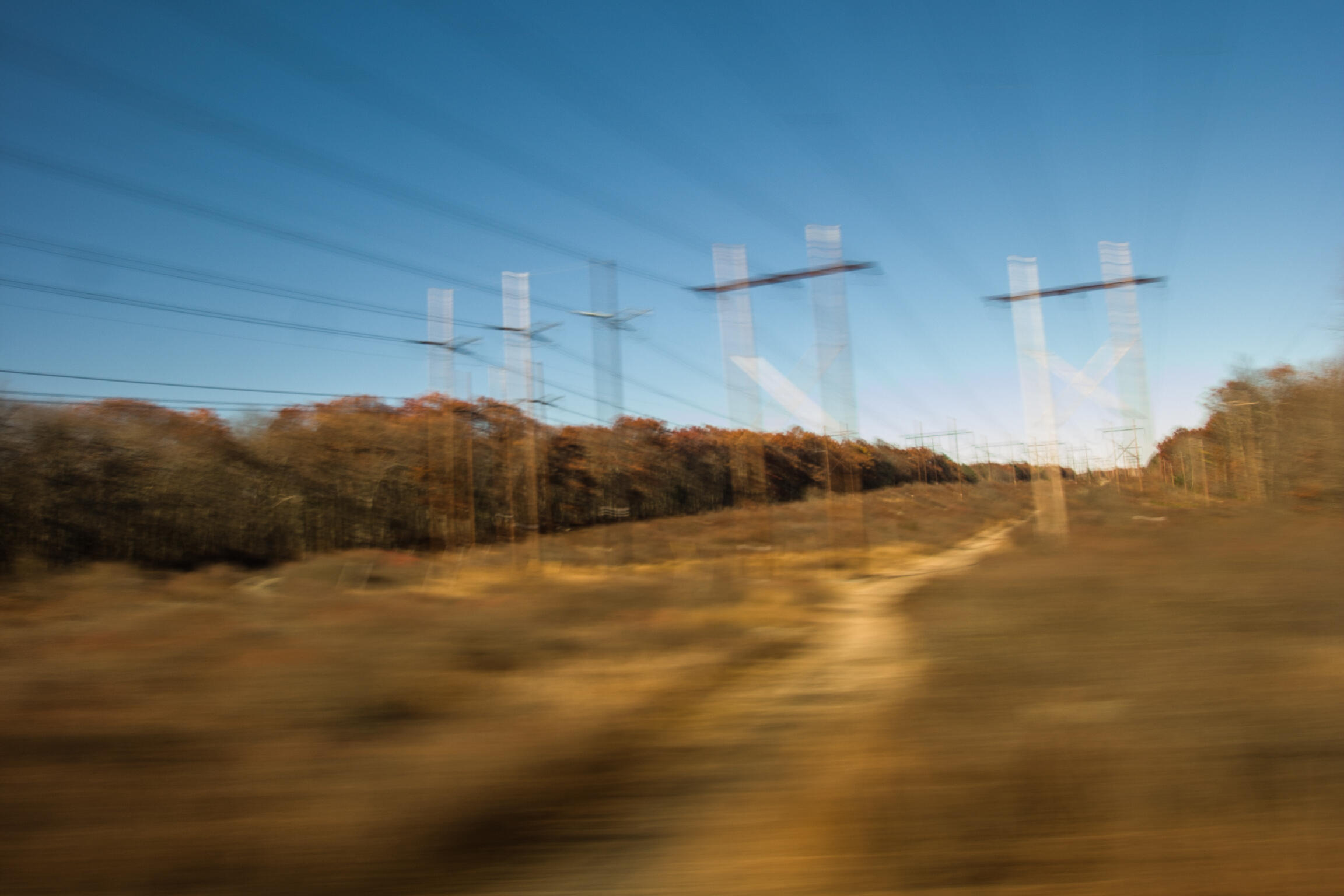
Grandma went off to explore the garden, and Grandpa and I sat down on a bench in the sun. Grandpa said, “I don’t know why I’m always so tired anymore.” He’d been diagnosed with an aortic aneurysm. The aorta is the big artery in the middle of us. An aneurysm is when the artery wall weakens, and it swells out like a balloon and eventually it bursts. Grandpa said, “I don’t know if it’s just being old or if it’s the aneurysm that makes me feel this way.” He thought that sometimes he could feel it pulsing inside him.
I wanted to somehow offer him some sort of method for confronting this uncertainty, knowing he was going to die but not when. Sometime, suddenly and soon, it was going to happen. And I wanted to give him some kind of method for making the most of his life while there was still time. I was 22 years old and I was into all this self-improvement stuff. I wanted to fix my life and I wanted to fix his life, too. I’d been doing a self-help group called Landmark, and of course I was into meditation and Buddhism, and when I was younger I’d done psychotherapy.
I wanted to do something to change Grandpa’s life as a response to this diagnosis, but Grandpa was not interested. Grandpa was fine with his life the way it was. He faced death unarmed, without any method. In Zen, we talk about stepping forward from the top of a 100-foot pole. That’s what he was getting ready to do, without a net. I went to California, and a few months after that his aorta burst and he died.
“Body exposed in the golden wind.” The teacher Hsueh Tou wrote a verse about the phrase. He said:
Over the great plains, chilling wind blasts, howling, wailing.
In the eternal sky, intermittent misty rains.
I think I understand what Hsueh Tou’s talking about. The plains are perfectly flat, unchanging and permanent but even so, the golden wind howls through, tears everything up, throws around the trees. Even though the eternal sky is beautiful and pure, the misty rain comes and goes, reveals it and conceals it.
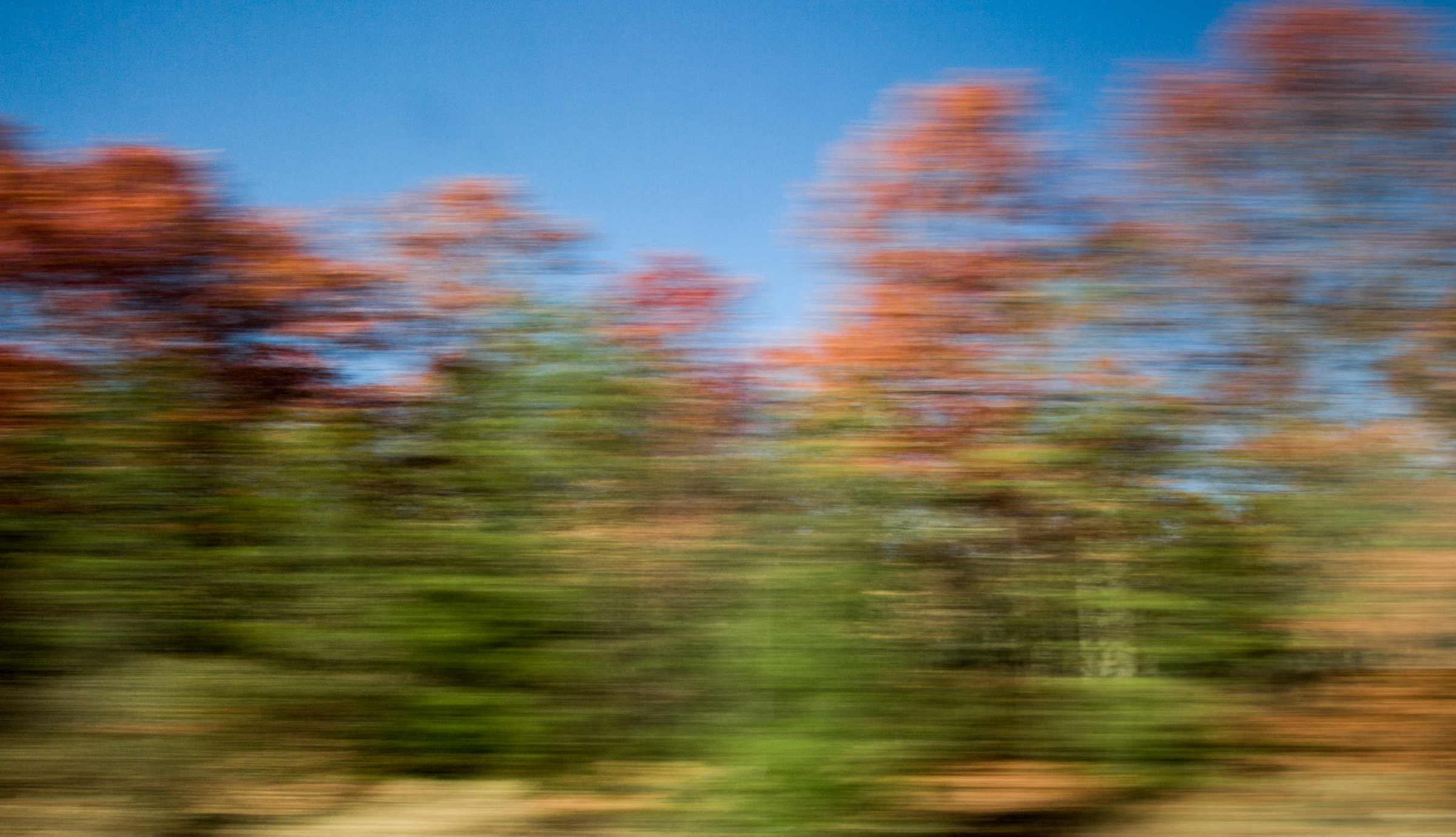
Dying, or knowing somebody who dies, is an obvious demonstration of this golden wind. But it’s here in our lives all the time. I particularly notice it when I do Street Retreat. It’s on my mind because I’m going to do one in a couple of weeks. It’s a practice where you leave behind your wallet and your cell phone and your stuff, and go and live on the street for a few days with a small group of other Buddhists. We sleep and meditate and eat in soup kitchens. It’s not very long, but the first time I was going to do it some years ago, it scared the shit out of me. I was so afraid to go out and be on the street without my stuff. In the days before the retreat, I had a very strong sensation that I was preparing to die. Of course, I knew it was an illusion, I was just going to be uncomfortable for a few days. But I had a sense that everything I appreciated about my regular life—my apartment and my job—I was about to renounce it all forever. That brought a special tastiness to those couple of days beforehand. Breakfast before I left for the retreat that morning was the best. The day before, I’d been caught in the rain and when I got home and changed into dry clothes, it felt so good because I knew that if I got wet during the retreat, I was just going to stay wet.
That special appreciation, that tastiness—it continued once I started the retreat.
I slept with the group in a parking lot. The next morning, we got up before dawn and went to wait in line outside a soup kitchen. There were four of us on the retreat; we sat lined up on a stoop. While we waited, a lanky teenager came walking around the block with big headphones on, not looking around at anything. As he passed us, he pulled out a wad of bills and he dropped a dollar in each of our hands without losing the beat or breaking stride. One, two, three, four. Generosity.
Then a little later, a guy came walking down the street and talking to himself. Maybe he was talking on an earpiece, I couldn’t tell. You can never tell if somebody’s crazy or not. His tone of voice was so ordinary. Once he passed us and I could see around to his other shoulder, I could see who he was talking to. There was a big red parrot riding on his shoulder.
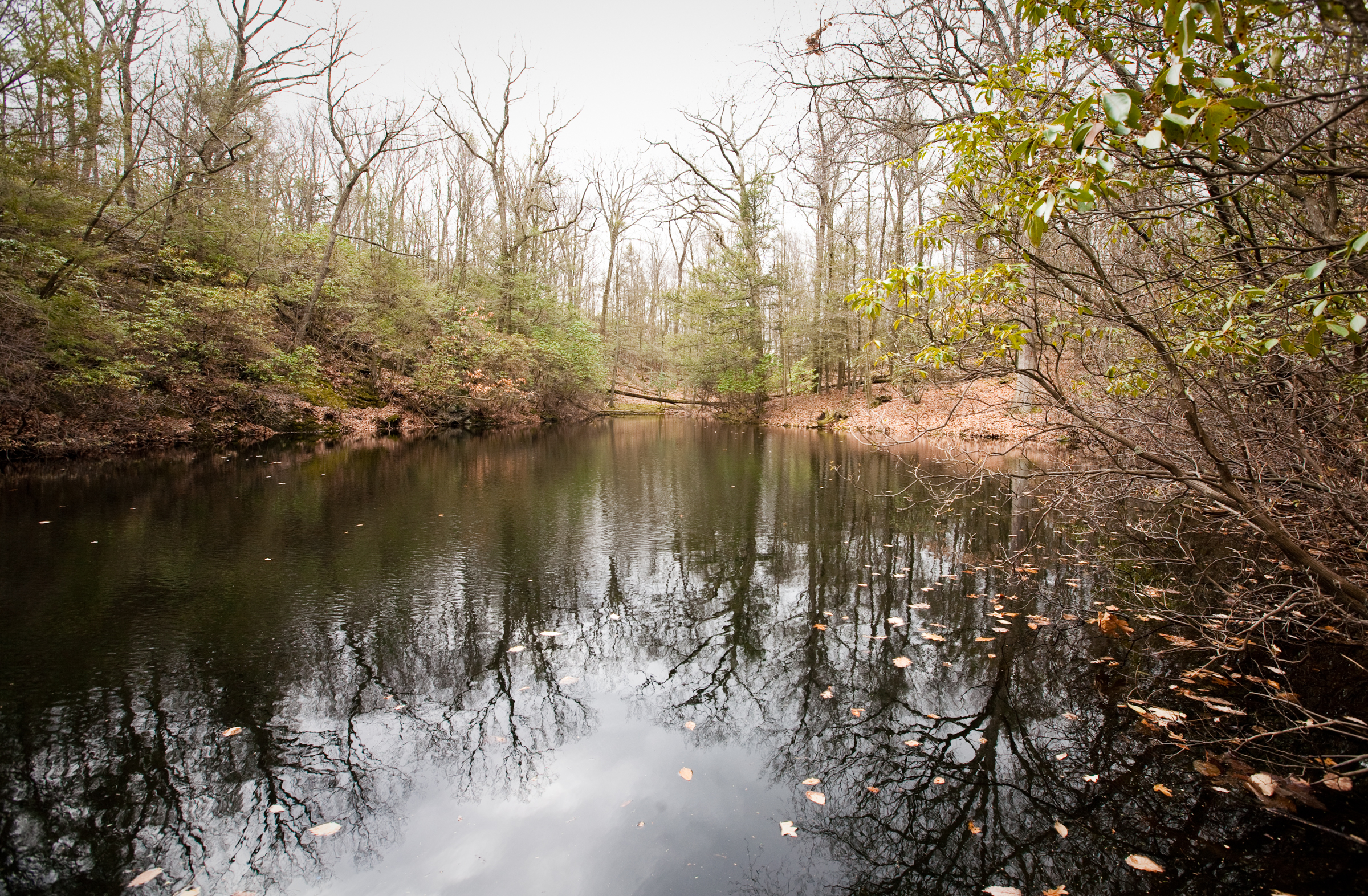
This stuff is happening everywhere in New York, and I see it a lot, but Street Retreat is special. You can’t get or spend, and you cannot hold onto this moment, because you don’t know what’s going to happen next. You can’t plan. So, the only thing you can do with this moment before it dies is look at it and appreciate it.
These days I don’t get very scared before I start the retreat. I’m kind of looking forward to it. I like to step out of my apartment door and get blown around for a few days. The wind might blow in good weather, it might blow in rain. It might blow me up to Central Park to take a nap, it might blow me downtown to a soup kitchen to have some completely unpredictable conversation with a street person. You never know what’s going to happen. In that way, it’s like ordinary life.
I think that this is why Zen people talk about death all the time.
One reason is that we are factual people, so we like to acknowledge the fact. Another reason is that it’s a teaching that helps relieve suffering, because as we acknowledge that we are impermanent and we can’t be saved, it frees us from our attachment. We believe a little less in these tiny losses and victories of our days, when we know that it’s all going to be over. But also, there’s this special appreciation, this special taste that life has because we know that we can’t hold on to it.
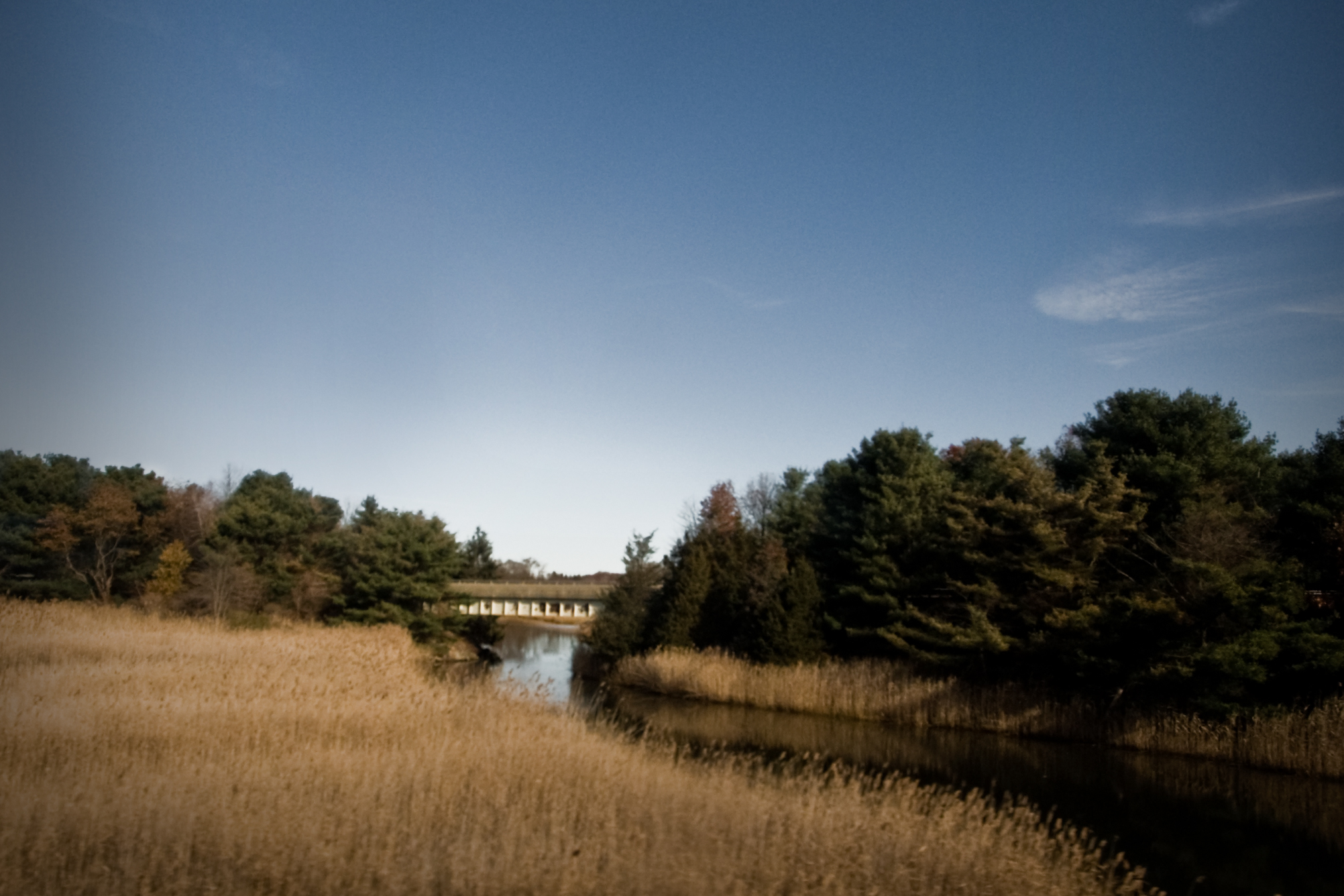
My mother plans to die when she’s 85. She’s a philosopher and a medical ethicist. She’s thought about this very carefully and she’s committed to living only so long as her mind is sound and she can make decisions for herself. She’s thought this way for many years, but particularly now that she and I have had to watch Grandma die, after a very long decline into dementia and senility. Grandma was 97 when she died. Much too old. She lived much too long. And mom is determined to not have to live through that.
So if Mom makes it to 85, she’ll kill herself. That’s become much less abstract for me in recent years. Keishin’s father’s death has made it more real, and also, my mother is nearly 70. I can see her 85th birthday from here. I know what 15 years feels like, I’ve lived 15 years a few times. It’s finite.
We don’t really know what’s going to happen, of course. The wind could blow us around any number of ways. Mom could die before 85, or she could change her mind and decide to live longer. But she’s so determined, I think that what she plans is a likely outcome. So I’ve started to think for the first time: What’s that last year going to be like? Her 84th year. I think it’s going to be wonderful. I think it’s going to be like breakfast before you go on a retreat. I think it’s going to be like looking at the bright autumn leaves, knowing that they are about to fall. I think it’s going to be tasty.
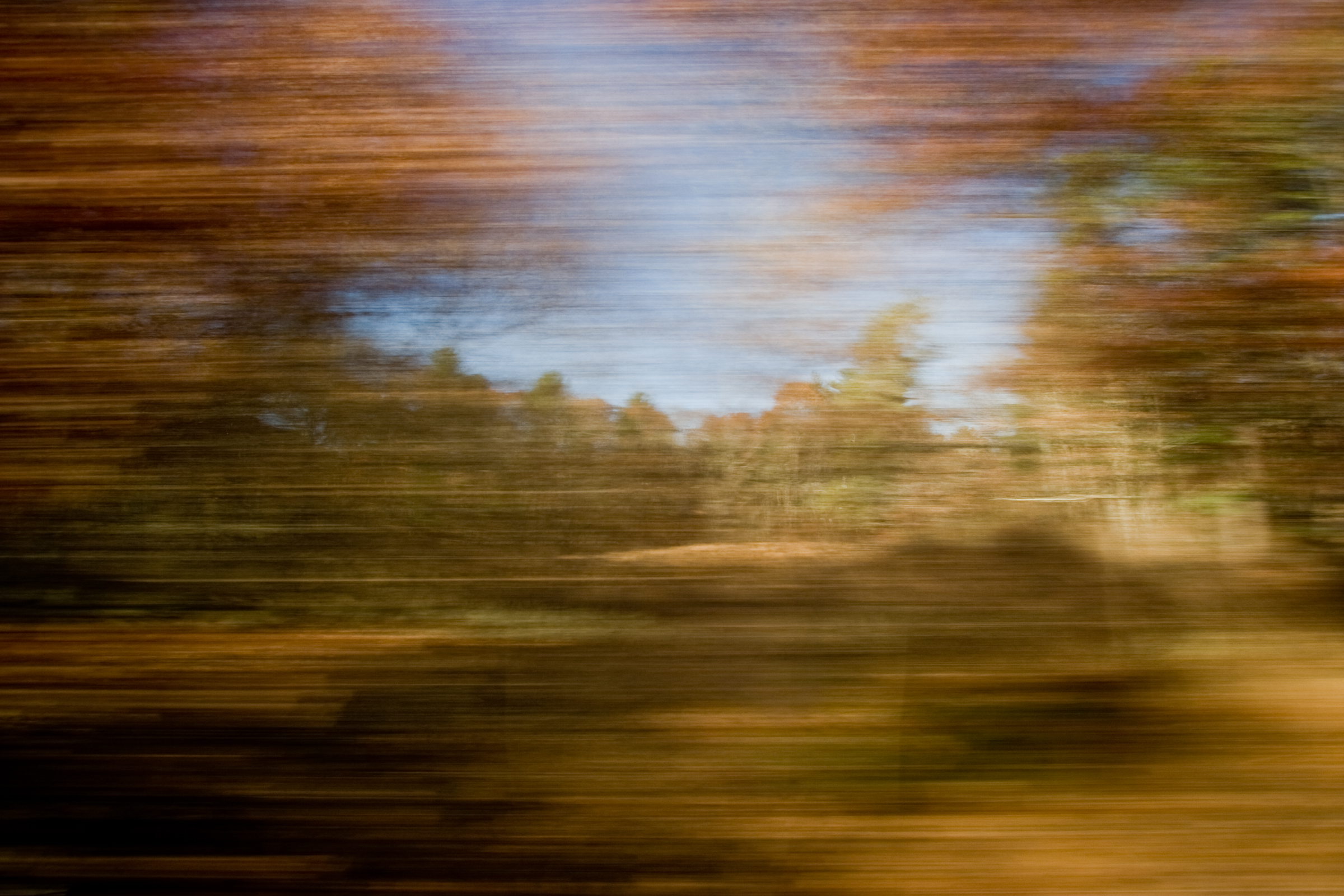
I mentioned this Zen phrase, “Take the forward step from a 100-foot pole.” What’s that about? It’s used in a koan in The Gateless Gate, which goes:
Shih-shuang said, “How will you step forward from the top of a hundred-foot pole?”
Commenting on this, another teacher said, “Even though one who is sitting on the top of a hundred-foot pole has entered the way of awakening, it is not yet authentic. You must step forward from the top of the pole and manifest your whole body throughout the ten directions."
As with most Zen sayings, I’ve spent more years misunderstanding this than I have understanding it. It’s a trap, and it trapped me. It lured me into thinking that practice is climbing up this 100-foot pole, through rigorous method and great effort, until you’ve finally reached the apex of Zen. Only then do you get your reward: you can take the forward step and fall, letting go of all method, letting go of practice and just be, man. I thought that would be total mastery.
I often think of my life this way, too, as a struggle to reach the top of a greased pole. It takes huge strength to reach the top. I have a file on my computer where I write down the things that I accomplished every day, if I fix a bug or optimize a piece of code, or finish a blog post or publish a photograph. Every day the list gets taller and taller, until I die, and then I’ll fall off.
But it’s a total fake out: I’m already falling off the pole. I’ve been falling since before I was born. And there’s no way to prepare for impact because there’s no ground to hit.
We’re all like this. We’re just falling leaves, blown around by the golden wind. Cause and effect, one thing after another. Blown around in all the ten directions. Whatever we have now, whatever we’ve accomplished, whatever we are, it’s exposed in the wind. It’s being blown away right now. We don’t have any control over it. The only thing we can do is enjoy the ride.
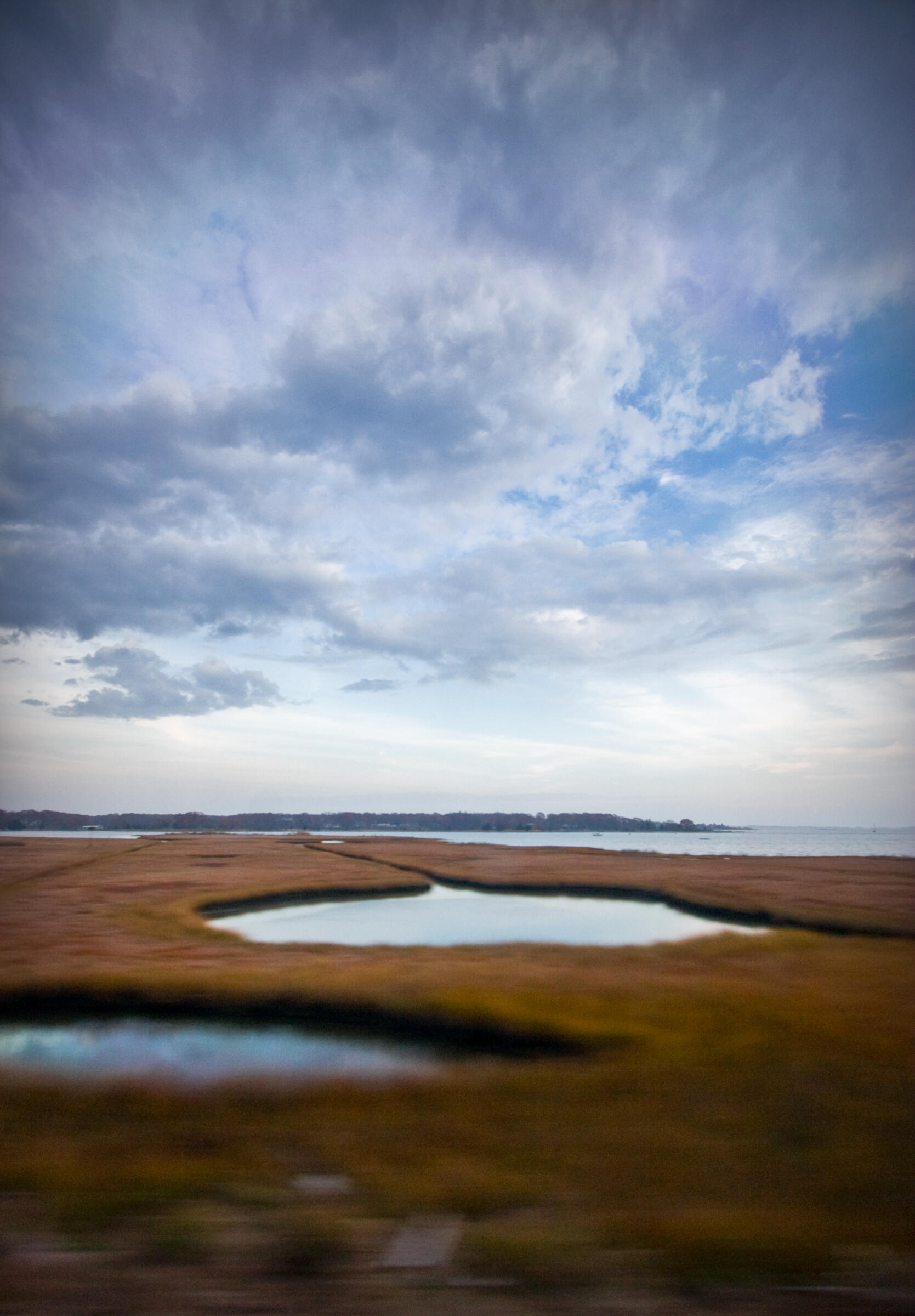
Images © A. Jesse Jiryu Davis